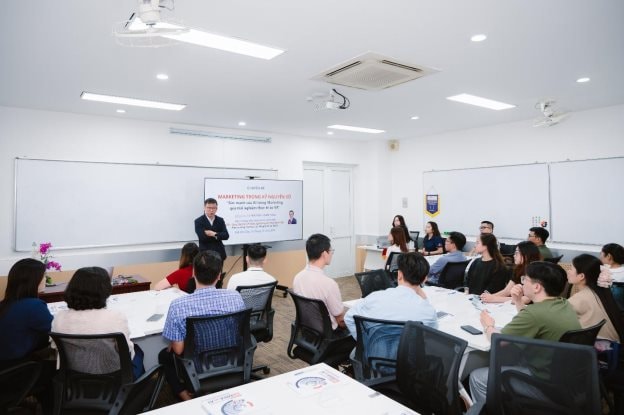
Da Nang is aiming to become an “innovative city, a technology hub of the Central region”, but is facing the challenge of a shortage of high-quality human resources. Although it has more than 60 vocational training institutions and nearly 20 universities and colleges, the city still has to add about 7,500 technology workers each year in the period 2022 - 2025 to reach the goal of having 75,000 digital technology workers by 2025.
Not only training, retaining talent is also a difficult problem. To attract good experts, the city is willing to pay higher salaries than the average of big cities, in order to "get ahead and take the lead" in human resource competition.
The need for high-quality human resources is increasingly urgent, leading to a sharp increase in the demand for higher and more specialized education here. However, most of the high-quality training programs are concentrated in Hanoi and Ho Chi Minh City. This makes studying a challenge in terms of time, cost and work-life balance.
Faced with that reality, FSB has implemented a model of rotating lecturers from Hanoi and Ho Chi Minh City to directly teach key subjects in the AI-integrated Master of Business Administration (SeMBA in AI) and Master of Software Engineering (MSE) programs to ensure consistent academic quality and practicality between the facilities.
Dr. Tran Quang Huy, Head of Training Department of FSB Institute of Management & Technology, said: “Lecturers from Hanoi and Ho Chi Minh City are all academic experts and people who work directly in businesses. They bring practical problems and experience in implementing digital transformation to the classroom, helping the lectures to always be updated and close to business practices.”
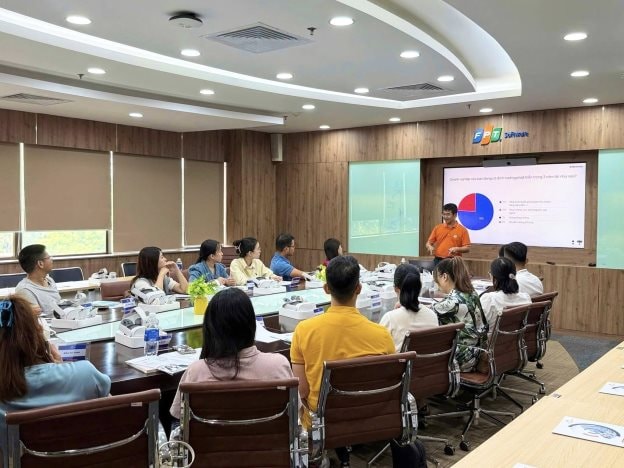
According to Dr. Tran Quang Huy, the goal of the model is to ensure consistent training quality nationwide. “Students at all facilities have access to the same curriculum, the same teaching staff and teaching methods according to the international accreditation standards of ACBSP - one of the world's leading prestigious certifications for business schools,” Dr. Huy shared.
In addition to lecturers from Hanoi and Ho Chi Minh City, the program also coordinates with local lecturers who understand the needs of business development in the region, helping students easily apply knowledge into practice.
The lecturer rotation model focuses on key, strategic modules for Master's classes in Da Nang and Can Tho.
With the SeMBA in AI program, lecturers from Hanoi and Ho Chi Minh City will directly teach core, strategic, and highly practical modules of the program such as: Organizational and Human Resource Management, Marketing and Customer Experience, Leadership in the Digital Age, Business Analysis, etc.
Meanwhile, with the MSE program, the selected courses belong to the specialized group of the MSE program, including: Natural Language Processing (NLP), Data Mining, Big Data, Internet of Things (IoT), Artificial Intelligence (AI) and Machine Learning.
According to the plan, the next course will have 5 courses in Can Tho and 3 courses in Da Nang, taught directly by this core team of lecturers.
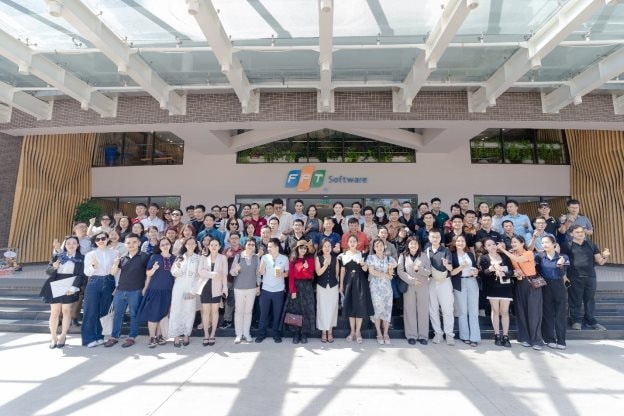
Not only teaching theory, FSB lecturers also accompany students throughout their learning and career development process. Lecturers guide students in implementing projects, applying research, publishing scientific papers, presenting at international conferences and reviewing graduation projects.
FSB also regularly organizes management seminars, field trips, and business tours to help students expand their professional relationships, hone their work skills, and prepare them to integrate into the global business environment.
FSB is currently offering SeMBA in AI and MSE training at FPT Danang with class schedules on weekday evenings or weekends.
For more information, visit caohoc.fpt.edu.vn or hotline: 0898222579.
Source: https://baodanang.vn/co-hoi-hoc-thao-si-tai-da-nang-voi-giang-vien-chuyen-gia-den-tu-ha-noi-va-tp-ho-chi-minh-3309872.html



![[Photo] The "scars" of Da Nang's mountains and forests after storms and floods](https://vphoto.vietnam.vn/thumb/1200x675/vietnam/resource/IMAGE/2025/11/13/1762996564834_sl8-jpg.webp)

![[Photo] Prime Minister Pham Minh Chinh attends a conference to review one year of deploying forces to participate in protecting security and order at the grassroots level.](https://vphoto.vietnam.vn/thumb/1200x675/vietnam/resource/IMAGE/2025/11/12/1762957553775_dsc-2379-jpg.webp)


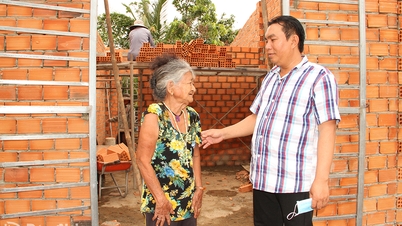

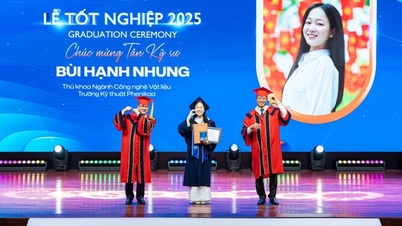


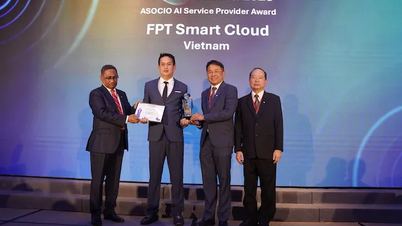



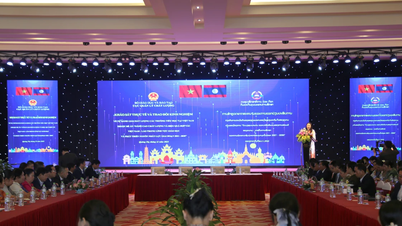







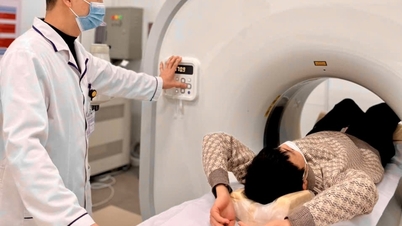
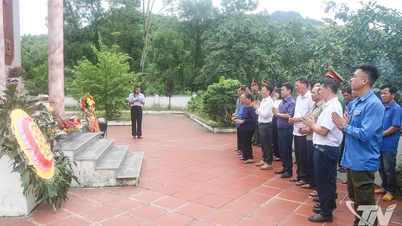

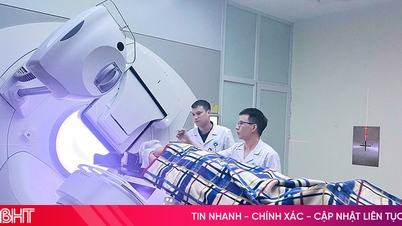





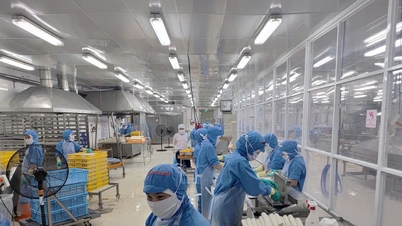
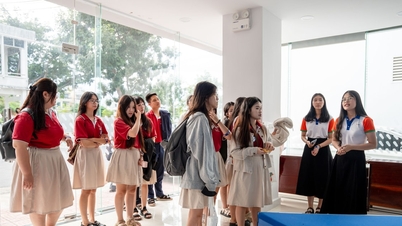



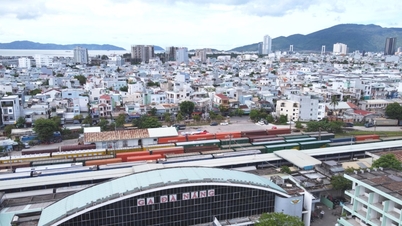
![[Photo] Highways passing through Dong Nai](https://vphoto.vietnam.vn/thumb/1200x675/vietnam/resource/IMAGE/2025/11/12/1762940149627_ndo_br_1-resize-5756-jpg.webp)










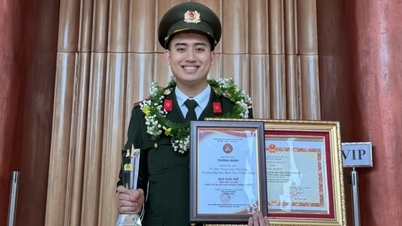

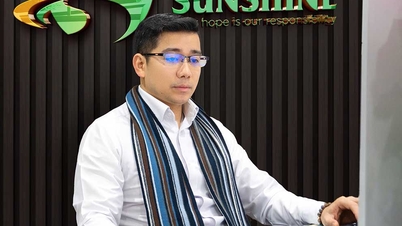

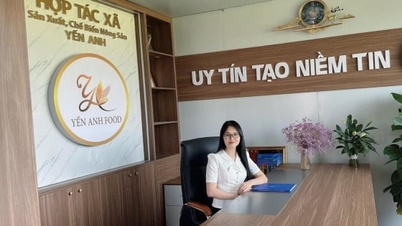





























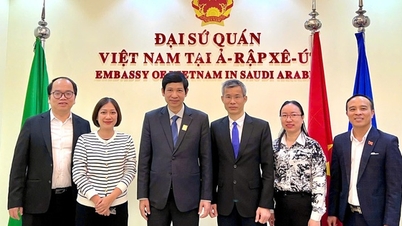

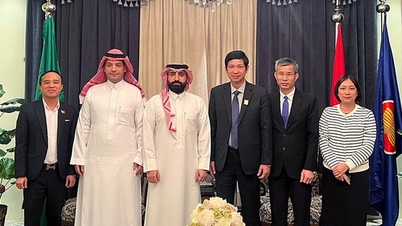
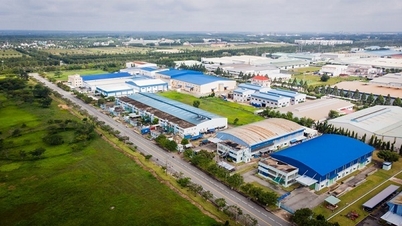


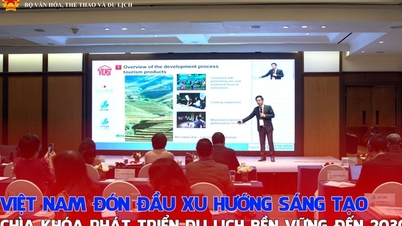




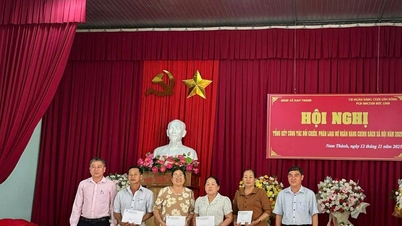











![Dong Nai OCOP transition: [Article 3] Linking tourism with OCOP product consumption](https://vphoto.vietnam.vn/thumb/402x226/vietnam/resource/IMAGE/2025/11/10/1762739199309_1324-2740-7_n-162543_981.jpeg)








Comment (0)